In this interview with Tom Fox for the Partnership for Public Service, Alice Rivlin discusses the lessons she’s learned from working in the federal government. The complete interview can be found at The Washington Post website.
What are some of the key leadership lessons from your experience working in the federal government?
You can’t start out saying, “I’m going to be a leader.” You have to start out saying, “I’m really interested in this problem or in improving how government functions” and get yourself in the position to start doing it. Leadership has to be based on doing solid work and keeping at it.
What were some of the challenges you faced starting the Congressional Budget Office and what did you do to overcome them?
We had to formulate a clear idea of the purpose of the CBO. It was very important that it do good analysis and be non-partisan and serve the leadership of both parties. That meant being aggressively apolitical. I think the decisions that I made, along with the small group that worked with me setting it up, proved to be the right ones. We decided, for example, that the CBO should not make recommendations but should give options or alternatives. We stuck to that even when members of Congress were persistently saying, “Please tell us what you really think we ought to do.” It would have undermined the nonpartisan character of the organization if we had given explicit policy recommendations.
Given the recent anti-government sentiment and fiscal uncertainty, are there strategies you would advocate for leaders to keep their employees motivated?
Get employees really engaged in how we can do things better. We did that early in the Clinton Administration at OMB. As deputy director, I led a project called OMB 2000. We looked at the whole structure of the agency, but mostly we operated by getting together groups at the working level to talk about what they were doing and how to do it better, and ways to reorganize the agency that might help. It’s really important for somebody at the top of an agency to spend a lot of time with the people who actually do the work. At OMB we had brown bag lunches with groups of working-level employees. I did the same thing at the Federal Reserve. Get people together in an informal setting and talk about their jobs.
The Brookings Institution is committed to quality, independence, and impact.
We are supported by a diverse array of funders. In line with our values and policies, each Brookings publication represents the sole views of its author(s).

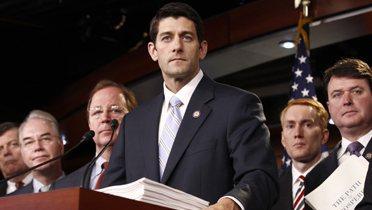
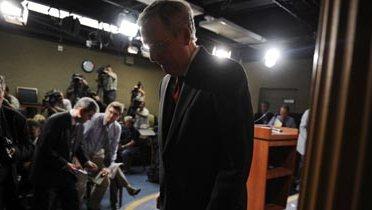
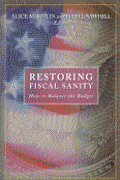
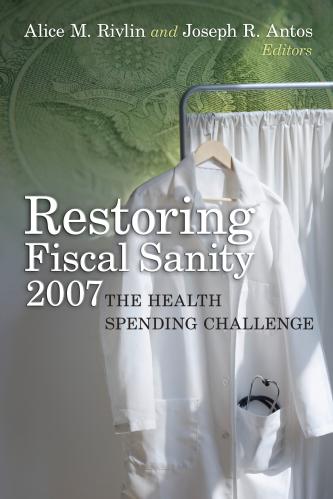
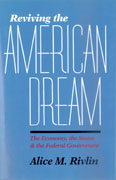



Commentary
On Being Aggressively Apolitical
June 15, 2011